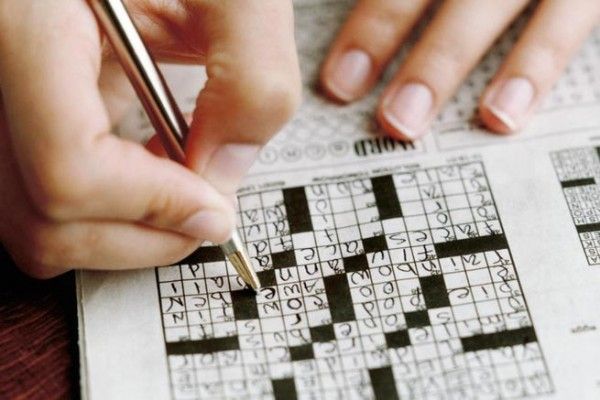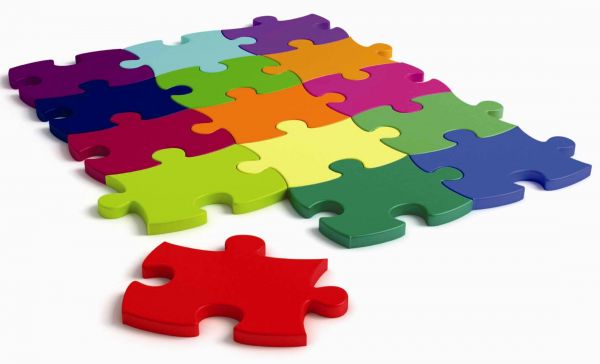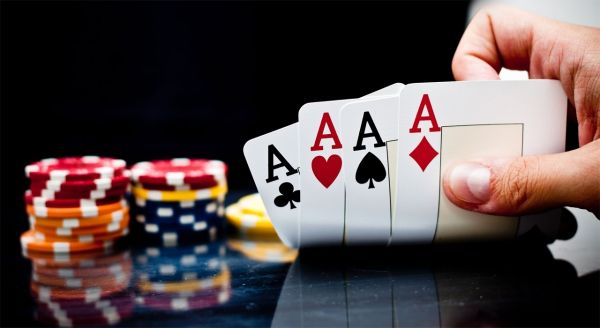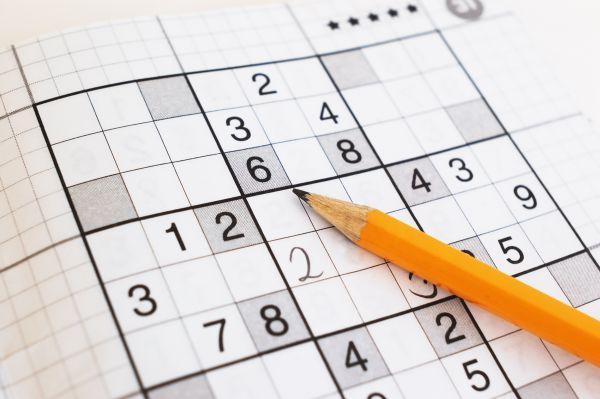Get Smarter: 5 Games for Improving Memory, Math Skills and More
Concentrate Hard, You’re about to Enter the Gaming Zone
The last thing that comes to mind when you’re playing games is education. But alas, education is everywhere and gaming developers are increasingly incorporating skill-based elements into their games. The list of educational games is expansive, but these are not the games we are seeking out. The games on our list include crossword puzzles, jigsaw puzzles, poker, chess, and Sudoku.
Game #1 crossword puzzles

Crossword puzzles are word puzzles. They are square shaped or formed on a rectangular grid and they feature black and white shaded squares. The objective is to complete the blank squares with letters which will then either form phrases or words by solving the clues that have been provided to you. Words can be formed from top to bottom and left to right. The black squares separate phrases or words. Needless to say, crossword puzzles are ideal for evoking deep thought. Players invariably use dictionaries, encyclopedias, or online resources to complete these, and that’s an education in and of itself.
Game #2: Jigsaw puzzles

Jigsaw puzzles are ideal for your short-term memory. The end result of a puzzle often looks far simpler than the mass of puzzle pieces you begin with. It is our ability to sift through all those weird shapes and patterns, and piece together matching components that makes jigsaw puzzles the ideal brain games. Complex puzzles require days or weeks to piece together, and they certainly test your mental acuity, patience and fortitude every step of the way. These are great games for concentration purposes.
Game #3 Poker

Poker is an easy game to play, but a difficult game to master. If we take the world’s most popular poker game, Texas Hold’em, the rules are easy to understand. You’re dealt 2 hole cards, followed by The Flop (first 3 cards), the Turn (the fourth community card) and The River (the fifth and final community card). You are tasked with forming the best 5-card hand possible given the community cards and your pocket cards. Simple enough? If only it were that easy. Poker is a game of smarts with skill and strategy combined with good fortune. Making the transition from an amateur poker player to a professional poker player requires an understanding of mathematics, probabilities, risk versus reward and the mindset to achieve it all.
Strategy charts, no tilting, rest, frequent breaks, overall wellness, and intense preparation are absolutely vital to fine-tuning your poker skills and playing at the highest level. You must learn to review your hands in poker and be able to analyse the pros and cons of decisions you made while compiling hands. Poker coaches are often employed to help give players the winning edge and talk them through their weaknesses. Poker is a game that is as much about the numbers as it is about the people – learn to read people’s expressions as well as you can read your own cards. Table selection, appropriate buy-ins, bankroll management, and pot odds are all vital to your success as a poker player.
Game #4: Chess

Photo Maarten van den Heuvel unsplash.com
Chess is one of the most strategic board games in the world. Nowadays, many players play chess online, but the rules are the same. Your goal is to strategically position your pieces to take your opponent’s King. You’re protected by low-level pieces – the pawns and high-level pieces, bishops, knights, castles and the Queen. Your ultimate goal is to checkmate your opponent by make it impossible for him/her to move the King without being taken by one of your pieces. It sounds straightforward and simple, but it is one of the most mathematically intense games in the world. A chess player is like a strategist: always thinking several steps ahead. It is this ability to play out multiple scenarios in one’s head that keeps the minds of chess players as sharp as razor blades.
Game #5: Sudoku

Sudoku is perhaps one of the most intriguing mathematical puzzle-style games out there. It comprises a 9 x 9 grid with numbers that must contain numbers 1 through 9. It is a logic puzzle as much as it is a mathematical puzzle and it’s the ideal brain game. Like many other skill-based games, you can improve your Sudoku game by playing regularly. This Japanese puzzle game does not inherently require complex mathematical skills, but the mathematical associations that you learn through the game will serve you well while you’re playing.
